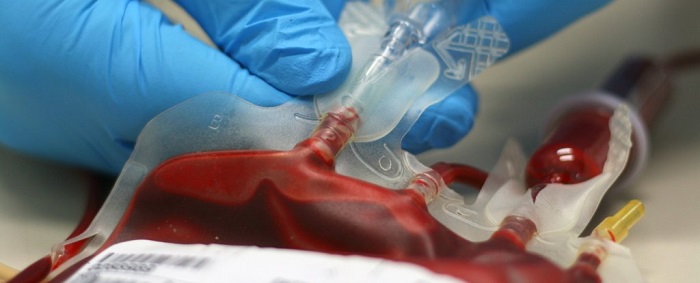"Each such test costs 1,200 rupees (US$18) and most hospitals in India do not have the testing facilities," information activist Chetan Kothari, who petitioned for the data to be released, told the BBC.
"Even in a big city like Mumbai, only three private hospitals have HIV testing facilities. Even the largest government hospitals do not have the technology to screen blood for HIV," he added. "This is a very serious matter and must be addressed urgently."
The data was collected by India`s National Aids Control Organisation (NACO), but was only released to the public when Kothari filed a Right to Information query.
When it came to infection rates, some parts of the country were worse than others, with the highest number of transmissions - 361 cases - being reported in the northern state of Uttar Pradesh.
In the country`s west, the state of Gujarat recorded 292 cases and Maharashtra had 276 cases. As reported in local paper The Hindu, just last week, a three-year-old boy was infected with HIV after receiving contaminated blood to help treat serious burn injuries.
India already has more than 2.1 million people living with HIV or aids, which is why it`s so important to screen blood for the virus before using it in transfusions.
By law, this needs to be done by all blood banks that collect blood donations and distribute them to hospitals, and they use a range of tests to isolate and seek out pathogens such as HIV, malaria, hepatitis B and C, and syphilis in every sample of donated blood.
Only blood that`s clear of infection is allowed to be used in transfusions. But this latest data shows that this screening process isn`t working in India, potentially due to the cost and infrastructure required to maintain this system.
Kothari also told the BBC he thought the official rates were underestimating the problem. "This is the official data, provided by the government-run NACO," he said. "I believe the real numbers would be double or triple that."
But deputy director of NACO, Naresh Goyal, told Himanshu Goenka over at the IB Times that the country has made great progress when it comes to reducing the risk of infection.
"These are unfortunate cases and we are working towards the goal of zero transmission. Having said that, these numbers must be looked in the context of the scale of our HIV program," he said. "It is now legally mandatory for every blood bank to screening the units before giving it to a patient."
India has also banned blood banks from paying donors, to help reduce people at high-risk of HIV infection from donating (although the BBC reported last year that blood is still being sold readily on the black market in the country).
To put things into perspective, 20 years ago, 8-10 percent of total HIV infections were caused by blood transfusions. Now, that figure is below 1 percent.
The HIV infection rates are also slowly dropping in the country - in 2007 there were more than 2.2 million people infected.
Instead of blaming a lack of screening, Goyal told the IB Times that contaminated blood could sometimes accidentally get through, because of the 10-day period after HIV infection that the virus remains hidden in the blood.
"In some cases, the donor may be in a window period - before his HIV viral load can be detected - when he donates the blood," said Goyal. "In such cases, when screened, the blood sample shows a false negative."
Still, there`s more that could be done. In countries such as the US, Australia, and the UK, potential donors are screened even before they donate blood, to make sure they don`t carry any infections. The blood is then tested again afterwards by blood banks.
These countries also don`t allow people at high-risk of HIV, such as sexually active gay men, to donate in order to further reduce the risk of blood being donated during the 10-day false-negative window.
Let`s hope progress continues, and eventually people in India can receive a life-saving blood transfusion without the fear of infection.
More about:















































